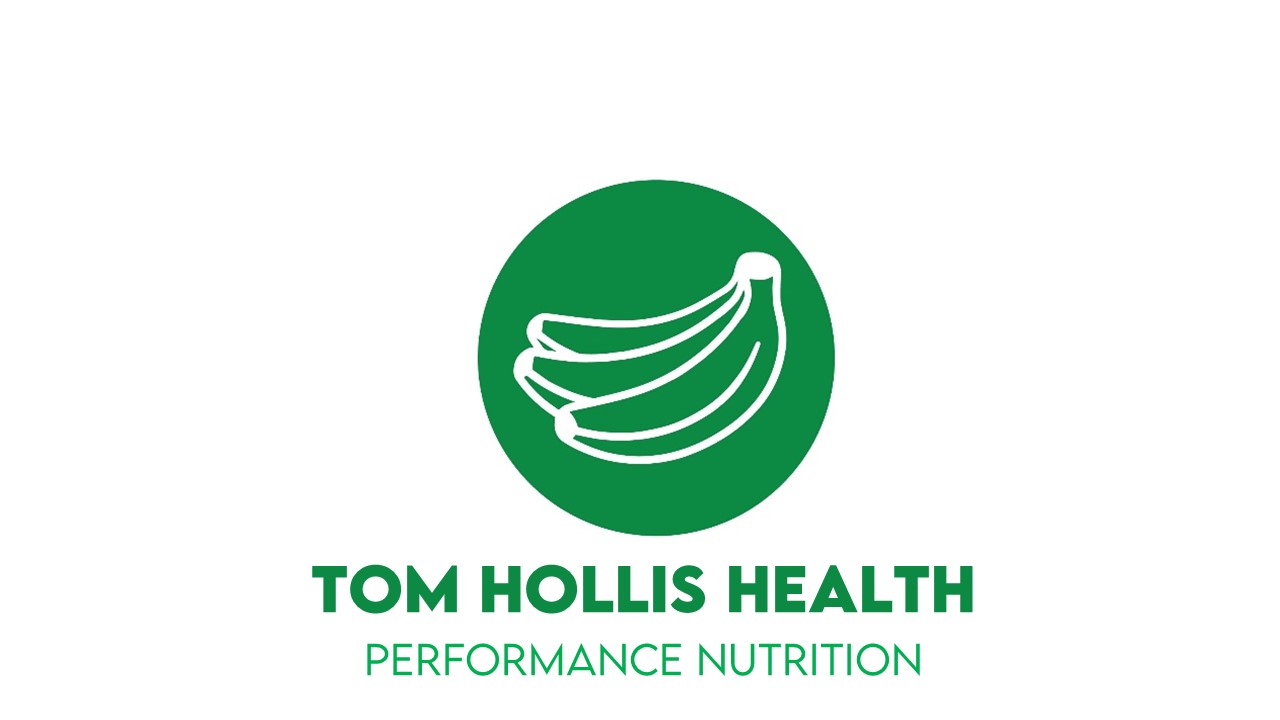In recent months, there has been a spate of pieces about the great sugar versus fat debate: which is the bigger killer?
I find these articles frustrating, for a couple of reasons. Firstly, the reported ‘U-turns’ in evidence dilute public confidence in science, nutrition, and anyone who works in the sector. It gives the impression that we are constantly changing our minds, contradicting ourselves from one month to the next. This is simply not the case, but as ever, the media feel the need to present any new evidence in this manner.
Secondly, I don’t understand why the debate must always be dumbed down and sensationalised! It is misleading to think that the enemy has to be either fat or sugar, not both. Fat is hugely calorific (approximately 9 kcals per gram), and therefore if not eaten in moderation, will easily contribute to a positive energy balance (calories eaten > calories burned off) and thus obesity. This does not even delve into the complex links between different types of fat and cardiovascular disease.
Sugar only provides 4 kcals per gram, but can be easily consumed in excess, as it does not appear to have the same satiating properties of other macronutrients. This makes it a massive risk factor for obesity, and thereby other major public health issues such as type 2 diabetes.
The Scientific Advisory Committee on Nutrition (SACN) has recently released a draft report with a major focus on sugar and health:
Some of the key points of the report:
- Sugar, either added to food or present naturally in products such as fruit juice or honey, should contribute no more than 5% of total energy intake
- The highlighted links between sugar intake, obesity and type 2 diabetes
- All age groups currently consume sugar in far greater proportions than either the new or previously recommended levels (maximum 10% energy intake)
As ever, reports such as this will attract plenty of media attention, and rightly so. However, as the sugar industry have stated, ‘demonising one ingredient’ doesn’t solve the obesity epidemic, nor is it helpful in educating the general public.
The report will hopefully help to remind us all of the dangers of a high sugar diet, but let’s not make the mistake of focusing on just one dietary component. Both fat and sugar contribute to obesity, both are linked to a number of chronic health conditions, and both need to be consumed in moderation. As ever, balance should be the key here – both from the media, when presented with new scientific evidence, and from consumers in their approach to their diets.




